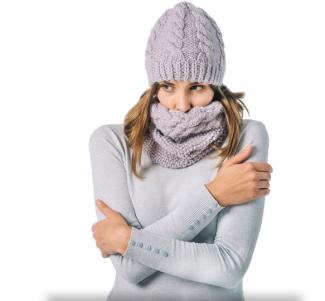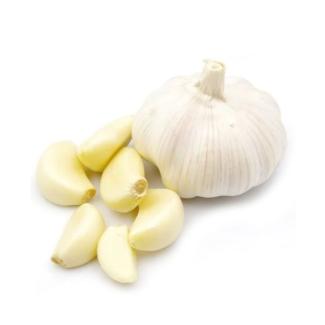
There is no cure for the common cold because it's caused by a virus, typically a rhinovirus. However, there are several treatments and strategies to help alleviate cold symptoms and speed up recovery:
- Rest: Getting plenty of rest is crucial for your body to recover from a cold. Resting allows your immune system to work more effectively.
- Stay Hydrated: Drink plenty of fluids, such as water, herbal teas, and clear broths, to stay hydrated and help thin mucus secretions.
- Humidifiers: Using a humidifier in your room can add moisture to the air, which can help relieve congestion and soothe a sore throat.
- Over-the-Counter (OTC) Medications:
- Decongestants: These can help relieve nasal congestion.
- Pain Relievers: Non-prescription pain relievers like acetaminophen or ibuprofen can help reduce fever and alleviate body aches.
- Cough Suppressants: OTC cough syrups or lozenges can provide relief from a persistent cough.
- Antihistamines: These can help with runny noses and sneezing.
- Salt Water Gargle: Gargling with warm salt water can soothe a sore throat.
- Nasal Saline Rinse: Nasal saline rinses or sprays can help relieve nasal congestion and reduce mucus buildup.
- Zinc Lozenges: Some studies suggest that zinc lozenges may reduce the duration and severity of cold symptoms.
- Vitamin C: While evidence is mixed, some people believe that taking vitamin C supplements can help reduce the duration and severity of cold symptoms.
- Herbal Remedies: Some herbal supplements, such as echinacea or elderberry, are thought to boost the immune system and alleviate cold symptoms, though the scientific evidence is inconclusive.
- Avoid Irritants: Stay away from tobacco smoke and other irritants that can worsen respiratory symptoms.
It's important to note that antibiotics are not effective for treating the common cold because antibiotics target bacteria, not viruses. If your cold symptoms persist or worsen, or if you develop complications like a secondary bacterial infection, you should consult a healthcare professional. Additionally, practicing good hygiene, such as washing your hands frequently and covering your mouth and nose when sneezing or coughing, can help prevent the spread of cold viruses to others.
How can we prevent the cold virus?
Preventing the common cold, which is typically caused by rhinoviruses, can be challenging because there are many different strains of the virus, and it can spread easily. However, there are several steps you can take to reduce your risk of catching a cold:
- Wash Your Hands: Proper and frequent handwashing with soap and water is one of the most effective ways to prevent the spread of the common cold. Be sure to wash your hands for at least 20 seconds, especially after being in public places or touching surfaces that may be contaminated.
- Use Hand Sanitizer: When soap and water are not readily available, using an alcohol-based hand sanitizer with at least 60% alcohol can help kill germs on your hands.
- Avoid Close Contact: Try to avoid close contact with people who have cold symptoms, and if you are sick, stay home to prevent spreading the virus to others.
- Cover Your Mouth and Nose: When coughing or sneezing, use a tissue or your elbow to cover your mouth and nose to prevent the spread of respiratory droplets that may contain the virus. Dispose of tissues in a lined trash can.
- Clean and Disinfect: Regularly clean and disinfect frequently-touched surfaces, such as doorknobs, light switches, and countertops, to reduce the risk of viral contamination.
- Avoid Touching Your Face: Avoid touching your eyes, nose, and mouth with unwashed hands, as this can introduce the virus into your body.
- Wear a Mask: During cold and flu season or when there is an outbreak of a contagious illness, wearing a mask in public places can help reduce the risk of viral transmission.
- Boost Your Immune System: Maintaining a healthy lifestyle with regular exercise, a balanced diet, and adequate sleep can help support your immune system and make you less susceptible to infections, including the common cold.
- Stay Hydrated: Drinking plenty of fluids, such as water, herbal tea, and clear broths, can help keep your respiratory mucous membranes moist and better able to fight off viruses.
- Reduce Stress: Chronic stress can weaken your immune system, making you more susceptible to infections. Practicing stress-reduction techniques like meditation and yoga can be beneficial.
It's important to note that while these measures can reduce your risk of catching a cold, they cannot guarantee complete prevention. The common cold is highly contagious, and there is no vaccine available to protect against all its strains. If you do get sick, rest, drink fluids, and consider over-the-counter remedies to alleviate symptoms. If you have a severe or prolonged cold, consult a healthcare professional.






